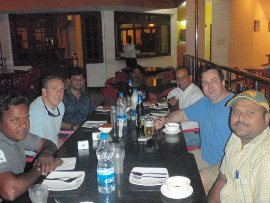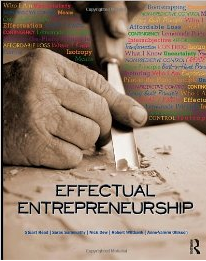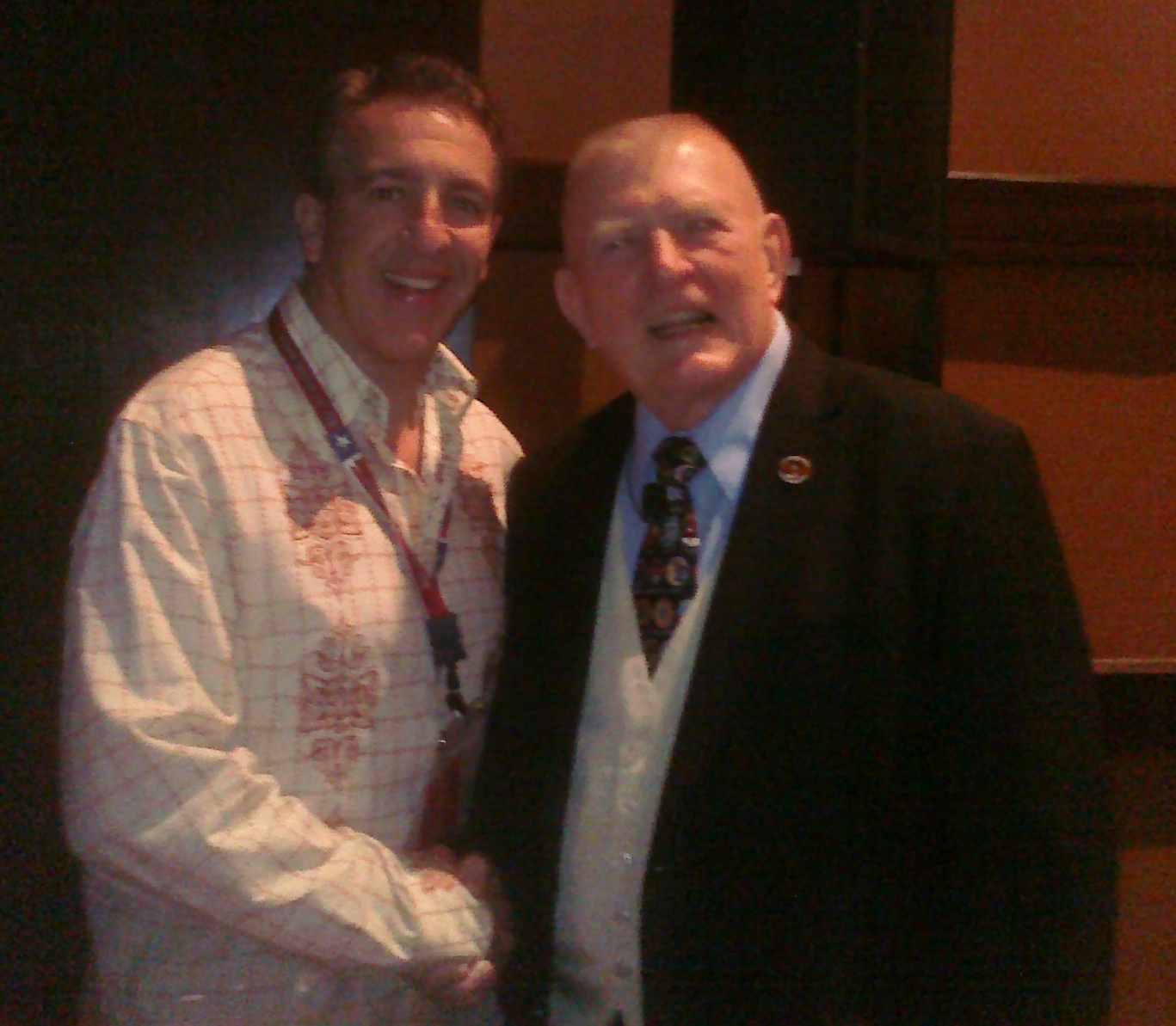Success is a Process of Discovery
Doesn’t it seem like some of these people making it big in the business world just have this epiphany one day about a great idea, then they just go and make it happen…ending up with millions and sometimes billions later on?
This was not my experience. What I’ve seen is that, one day you start working on this small idea, then somewhere along the way you stumble upon a bigger idea, which usually isn’t anywhere close to your original idea. If you have gone down the path of an entrepreneur, is this how it happened for you?
 One of my biggest successes was starting a mutual fund, but it didn’t just come up out of the blue. First I took an internship in college to learn about and sell insurance. I built on that by starting a financial planning company with my late partner Robert Loest. From there we tried an investment newsletter, but that only generated a few subscriptions. Robert thought that money management was the future, so we went in that direction.
One of my biggest successes was starting a mutual fund, but it didn’t just come up out of the blue. First I took an internship in college to learn about and sell insurance. I built on that by starting a financial planning company with my late partner Robert Loest. From there we tried an investment newsletter, but that only generated a few subscriptions. Robert thought that money management was the future, so we went in that direction.
After a few years of managing individual client money that was slow and hard to grow, I had the idea of starting a No-Load mutual fund. This newly discovered path came from the many paths before and the knowledge accumulated along the way. It helped us take a firm that managed 20 million to managing a billion in 5 years.
What I have experienced is that we get started on something and it leads us down a path towards success, but it’s not a straight path. It’s only after we fail with an idea or two (maybe more) and keep trying that we discover new paths along the way. Success is a serious of steps and discoveries that take lots of focus and drive to get past the down times and potential lack of interest in the marketplace for your ideas.
A former venture capitalist, Peter Sims, did some very interesting research that backs up my thinking on this topic. Did you know that initially Google was a project to improve library searches, and was not founded on the idea of being a major search advertising powerhouse that it is today? The major picture animation company Pixar first started as a hardware company. Twitter was also not an original idea. Sims goes into more detail in his new book Little Bets: How Breakthrough Ideas Emerge from Small Discoveries.
At my current company, Efficience, we focus on building multiple, easy to use web applications an put them in the market place to see what works. We might change and evolve an existing application several times before we get it right, or we might start down the path of creating an application and discover something completely different in the process, winding up on a new path instead.
 I am writing this from our office in Pondicherry, India, where I’m working with the amazing team of software architects, programmers, quality assurance engineers, test engineers, and designers that we’ve built over the last 7 years. This year our Chief Software Architect, Chris Nolan, joined me so that he could experience some hands on time with the team.
I am writing this from our office in Pondicherry, India, where I’m working with the amazing team of software architects, programmers, quality assurance engineers, test engineers, and designers that we’ve built over the last 7 years. This year our Chief Software Architect, Chris Nolan, joined me so that he could experience some hands on time with the team.
 Gene’s motto is “Failure is not an option!” He led a team of young engineers through what seemed like insurmountable fear and doubt. He helped these young engineers pull it together and deal with one crisis after another as they worked to bring the three astronauts home safely. And to top it off, he did it front of the eyes of the world as everyone watched and prayed the astronauts would not be lost in space. The movie Apollo 13 with Tom Hanks is a very good depiction of the real events. (Link to movie)
Gene’s motto is “Failure is not an option!” He led a team of young engineers through what seemed like insurmountable fear and doubt. He helped these young engineers pull it together and deal with one crisis after another as they worked to bring the three astronauts home safely. And to top it off, he did it front of the eyes of the world as everyone watched and prayed the astronauts would not be lost in space. The movie Apollo 13 with Tom Hanks is a very good depiction of the real events. (Link to movie)

